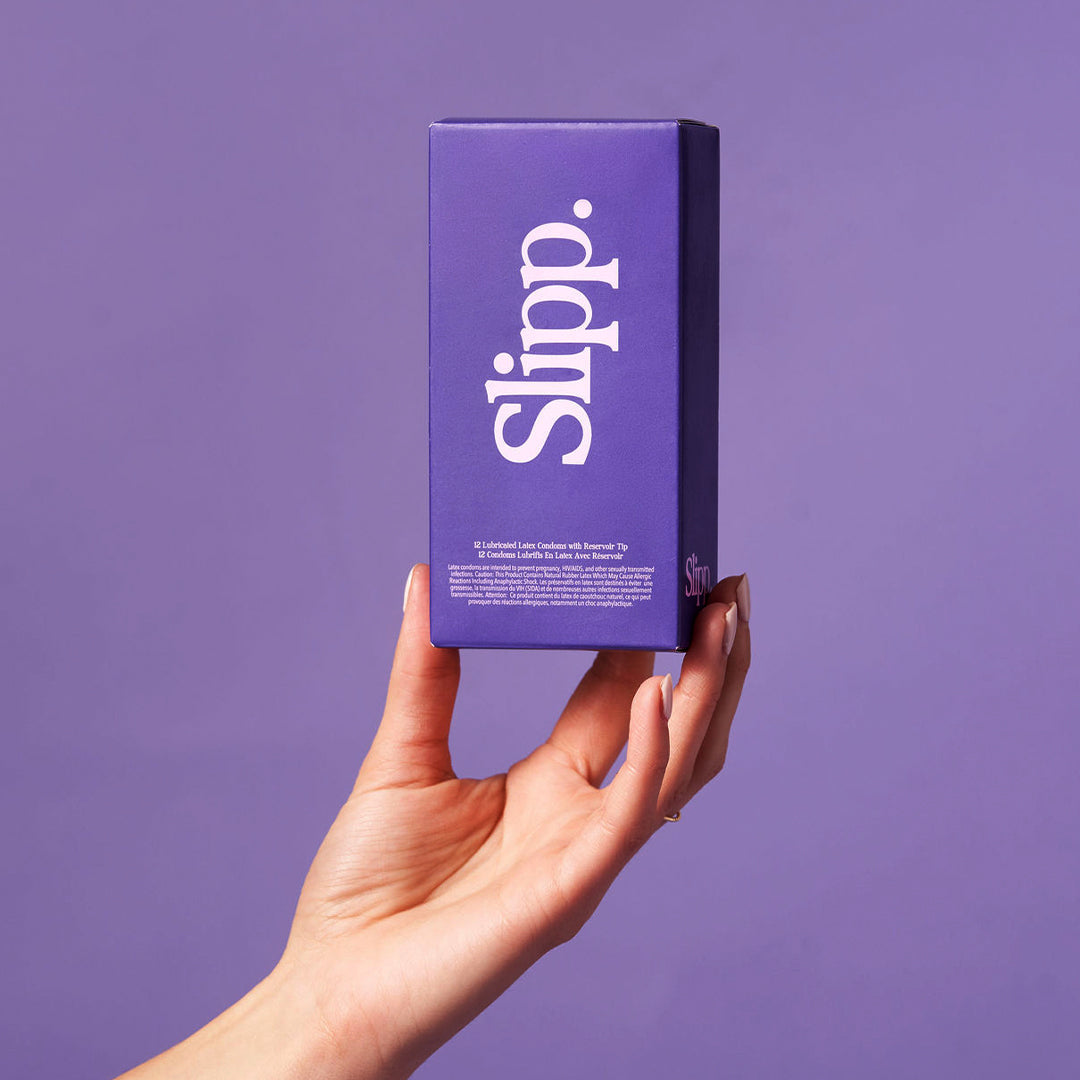Let’s get one thing clear; we are not what we eat down there... unless we eat asparagus.
You probably heard a bunch of different rumors about how what you eat directly affects your vaginal odor and taste- we are looking at you pineapples. But the truth is there are no scientific studies conducted that fully explain the correlation between our diets and vaginal discharge.
It is important to note that vaginas are meant to taste and smell like vaginas- not flowers, perfume, or rainbows. The vagina is self-cleansing and does not require any fancy soaps, perfumes, or douching. In fact, those types of products can do more harm than good, as they disrupt your pH and can put you at risk for infection (more on that later).
But when it comes to nutrition, there are a few simple facts we can learn that can help us understand the role food plays when it comes to keeping our vagina healthy.
Understanding Our pH Levels:
Simply put, pH is a measurement showing how acidic or alkaline (basic) a substance is on a scale running from 0 to 14. A pH of less than 7 is considered acidic, and a pH of more than 7 is basic.
Healthy vaginas have a naturally acidic pH, within the range of 3.8 to 4.5, which is considered to be moderately acidic.

So how does this all work? An acidic vaginal environment protects itself against infections by creating a barrier that keeps unhealthy bacteria and yeast from multiplying rapidly. On the other hand, a high vaginal pH level makes it easier for unhealthy bacteria to populate, putting you at risk for infections like Bacterial vaginosis and Trichomoniasis.
Here is the good news: As long as you have safe sex and maintain good hygiene, your vagina is naturally programmed to protect and clean itself. Even though your body does most of the hard work for you, you can take the initiative to support it by adjusting your diet to enhance your vaginal wellness.
What To Do & Eat:
1) Water:
You have heard it a million times, and here it is again; staying hydrated seems to be the answer to almost everything.
Just like the skin on your face and hands, dehydration might make the skin on your vulva feel parched or scratchy. Drinking enough water (experts recommend a daily intake of eight 8oz glasses) increases lubrication, allows discharges to be released, and corrects the pH balance of vaginal tissues.

2) Probiotics
The live and active cultures in probiotics balance your pH levels and boost good bacteria, which help ward off infections. Before hitting the supplement aisle, consider more natural food alternatives packed with probiotics like yogurt, kombucha, kimchi, and kefir.
3) Fruits and Vegetables
What are fruits and vegetables not good for?!
- Sweet Potatoes: Rich in beta carotene and vitamin A, they help strengthen uterine walls and support the production of sex hormones.
- Apples: A study in 2014 suggested that women who ate an apple on daily basis had better sex lives due to the phytoestrogen phloridzin found in the fruit that is linked to promoting better sexual function, arousal, lubrication, and ability to orgasm.
- Avocados: Rich in libido-boosting healthy fats, vitamin B-6, and potassium, avocados can enhance lubrication and strengthen vaginal walls.

4) Cranberry Juice
Fructose and A-type proanthocyanidins found in cranberries may help prevent UTIs by directly keeping the bacteria from adhering to the bladder wall. Go for some fresh fruit smoothies or try taking pure cranberry pills instead of drinking cranberry juice since the sugar in the beverage can increase your vagina's pH levels and make you more prone to yeast infections.
Keep in mind, cranberry juice is a preventative measure rather than a reactive one: contrary to popular belief, there is no scientific evidence that cranberry juice can cure UTIs. It may, however, help prevent them.
5) Coconut Oil
Coconut oil: the ultimate beauty secret. Increasing your intake of coconut oil will help you benefit from its anti-fungal and anti-bacterial properties that do a great job at preventing yeast infections. Additionally, coconut oil is a popular natural option for relieving vaginal dryness.
A Few Things To Avoid
To optimize your vaginal wellness, try cutting back on how many preservatives and highly processed foods you consume.
Additionally, keep in mind that some medications, such as antibiotics, might change your vagina’s pH levels, for they get rid of the good and the bad bacteria during the treatment process.

While it is always a good thing to prioritize your vaginal health, please remember a vagina is supposed to smell like a vagina. As far as timing goes, people tend to notice a difference within a day after eating a particular food, and it typically lasts for up to two days. So, there is nothing wrong with indulging in some sugary treats or, dare I say, some delicious grilled asparagus every once in a while.


